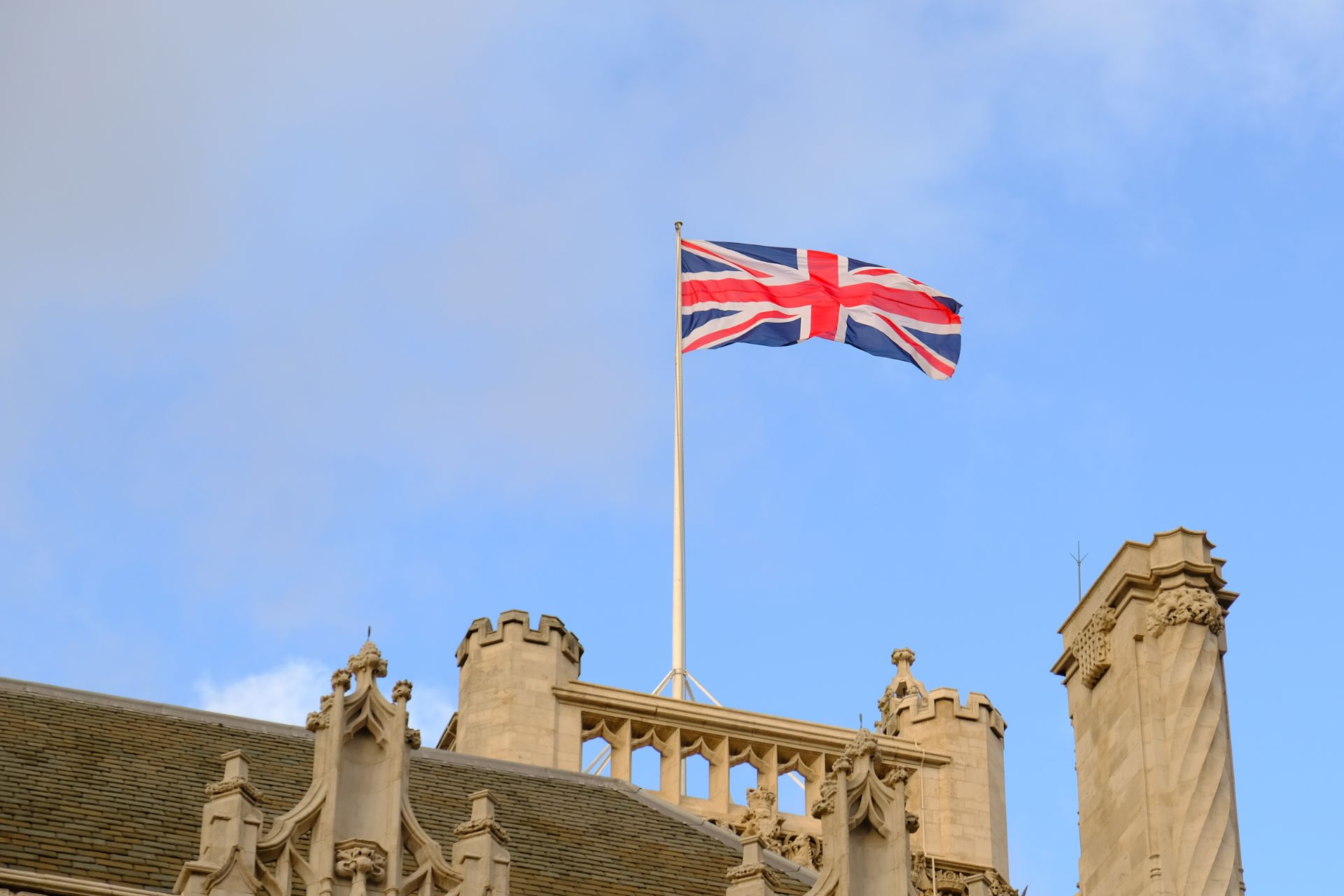Notaries play a crucial role in legal and business transactions, ensuring the authenticity of documents and signatures. While the term “Notary Public” is common worldwide, there are distinct differences between UK Notaries and their counterparts in other countries. In this article, we’ll delve into the unique characteristics that set UK Notaries apart from Notaries in other jurisdictions.
The Role of a Notary
A Notary Public, in general, serves as an impartial witness in the execution of documents. They confirm the identities of the parties involved, verify the content of the documents, and administer oaths and affirmations when necessary. Notaries also affix their seal and signature to the documents, making them legally valid.
UK Notaries
In the United Kingdom, Notaries follow a distinct set of rules and regulations, and they are regulated by the Faculty Office of the Archbishop of Canterbury. Some key differences between UK Notaries and their counterparts include:
- International Focus: UK Notaries often deal with documents intended for use abroad. They are recognised and accepted in numerous countries, making them crucial for international business transactions and legal matters.
- Authentication of Foreign Documents: UK Notaries authenticate foreign documents for use in the UK, and conversely, they can also authenticate UK documents for use abroad. This role is vital for international trade, legal matters, and personal affairs.
Other Notary Publics
Notaries in other countries, while sharing some common functions with UK Notaries, may have varying rules and regulations:
- Education and Qualification: The educational and training requirements for Notaries Public in different countries can vary widely. Some may not require legal qualifications, while others may have less stringent requirements.
- Jurisdiction: Notaries in other countries may have a more limited scope of practice, primarily focusing on the execution and authentication of documents within their respective jurisdiction. They might not be authorised to perform acts with international implications.
- Recognition Abroad: Notaries from some countries may not be widely recognised or accepted in international settings, which can create challenges when dealing with cross-border legal matters.
- Document Authentication: The procedures and requirements for authenticating documents can differ significantly from one country to another, which can lead to complications in international transactions.
Conclusion
While the role of a Notary Public is globally recognised, the distinctions between UK Notaries and Notaries in other countries are essential to understand when dealing with legal, business, or personal matters. UK Notaries, with their specialised training and international recognition, play a unique and vital role in facilitating cross-border transactions and ensuring the authenticity of documents for use abroad. It is crucial to be aware of these differences to navigate the legal landscape effectively, both at home and internationally.


0 Comments